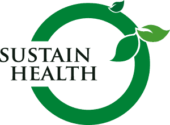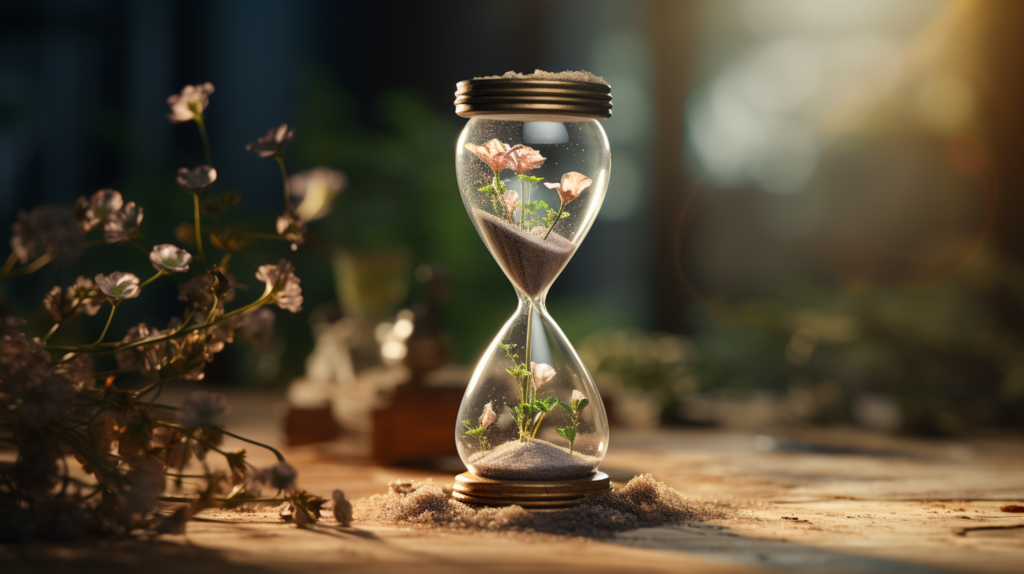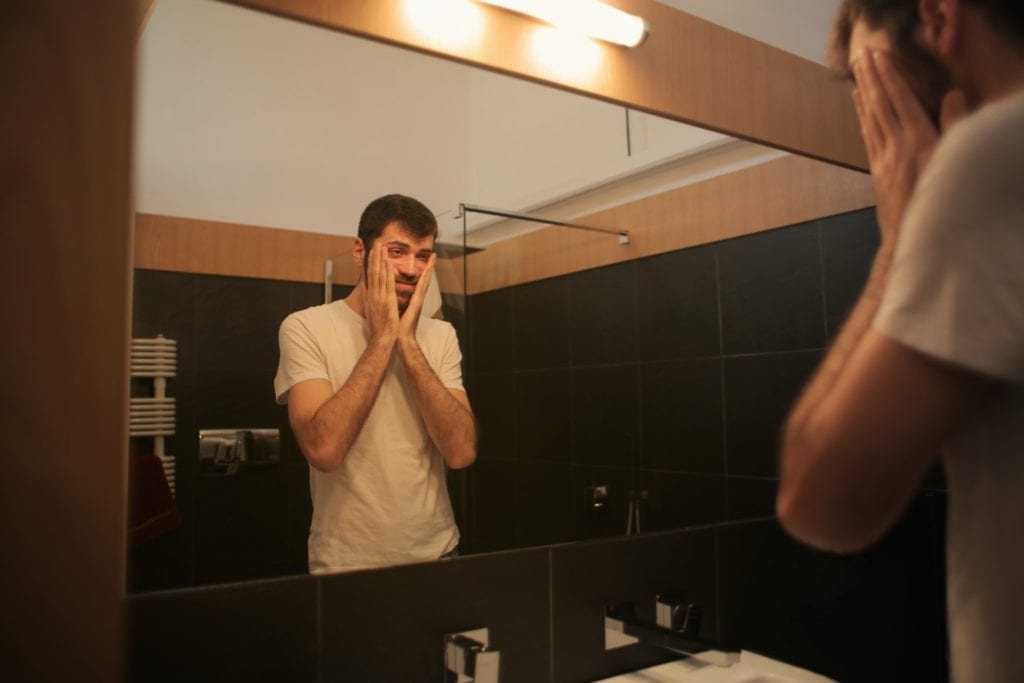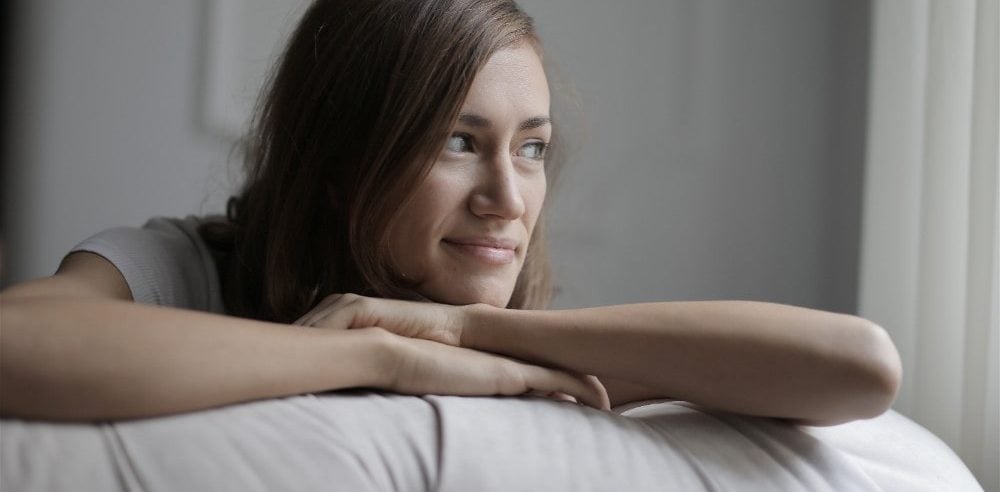The egg freezing process, also known as oocyte cryopreservation, involves extracting and freezing a woman’s eggs for later use in fertility treatments. The procedure has become increasingly popular in recent years as women delay starting families due to career or personal reasons. However, there are concerns about the long-term effects of egg freezing and its potential impact on fertility. In this blog post, we will explore the role of Chinese Medicine and acupuncture in the context of egg freezing.
What is Egg Freezing?
Egg freezing is a medical procedure that involves collecting a woman’s eggs and freezing them for later use. The process begins with hormonal stimulation to encourage the ovaries to produce multiple eggs, followed by the retrieval of the eggs using a needle guided by ultrasound. The eggs are then frozen using a technique called vitrification.
Egg Freezing Cost
One of the most common questions women ask is how much does egg freezing cost? The cost of egg freezing can vary depending on several factors, including the location, the clinic, and the individual’s medical history. Egg freezing cost Melbourne, Australia can range from $6,000 to $12,000 AUD.
It’s worth noting that the cost of egg freezing is only one part of the equation. There are also additional costs for medications, monitoring, and storage fees. However, many clinics offer financing options to help make the process more affordable.
Egg Freezing Success Rates by Age
One of the most important factors in egg freezing success rates is age. The younger a woman is when she freezes her eggs, the higher the chances of success. Here are the success rates by age:
- Under 35: 30-50% chance of live birth per egg retrieval
- 35-37: 25-40% chance of live birth per egg retrieval
- 38-40: 15-30% chance of live birth per egg retrieval
- 41-42: 5-15% chance of live birth per egg retrieval
- 43 and older: less than 5% chance of live birth per egg retrieval
It’s important to note that these success rates are based on the woman’s age at the time of egg retrieval, not at the time of using the eggs.
Egg Freezing and Chinese Medicine:
Chinese Medicine is a holistic approach to healthcare that considers the body, mind, and spirit as interconnected. It is based on the concept of Qi, which is the vital energy that flows through the body. According to Chinese Medicine, the balance of Qi is essential for health and wellbeing. Acupuncture, which involves inserting thin needles into specific points on the body, is one of the most well-known practices of Chinese Medicine.
Egg freezing is an intensive process on the body. It can disrupt the natural flow of Qi and cause an imbalance in hormone levels. This can all lead to long-term effects for fertility and for overall health. From a Chinese Medicine perspective, the demand on the body from egg freezing can lead to stagnation and depletion of Qi and blood. This in turn affects the quality and quantity of eggs produced, as well as the overall health of the reproductive system.
How can I improve the quality of my eggs with Chinese medicine?
Chinese herbs can also be used to support fertility and balance Qi. They are often prescribed in conjunction with acupuncture to enhance its effects. Chinese herbs can be used to address specific concerns, such as hormonal imbalances, poor egg quality, and stress.
A woman is born with the amount of eggs that she will have in her lifetime. However the quality of the egg can be influenced by the following(1)(2):
- Lifestyle
- Environmental factors
- Diet
- Sleep
- Stress
- Hormonal levels
- Blood sugar levels
So with Chinese medicine’s holistic approach of treating the person as a whole, the treatment principles look to optimise the entire environment the ovaries feed off. We see the body as a garden bed of soil with many different factors that can influence the outcome of the seed that our crops produce. Rather than focusing on the seed, we look to improving the soil in order to improve the seed. In Chinese medicine terms, this can mean improving the quality of the blood that supplies the ovaries. We look at digestion, energy levels, sleep and stress which we know in Western medicine to be contributing factors to egg quality.

How Chinese medicine works with Western medicine for egg freezing
The state of your ovarian function and reproductive health is critical for conceiving. The function of your hypothalamus-pituitary-ovarian axis (HPO axis) is the work horse for your entire reproductive system(3). When there are imbalances in the HPO axis it can lead to hormonal imbalances, menstrual irregularities, premature ovarian insufficiency and fertility issues(3). An example that we see clinically is elevated FSH levels which leads to a rapid loss of eggs and premature onset of menopause(4). So looking at your hormone levels is important in your egg freezing outcomes.
Chinese medicine can assist by:
- Improving ovarian function(5)(6)(7)
- Preventing further decline of ovarian function(5)(6)(7)
- Regulating reproductive hormones(5)(6)(7)(8)(9)(10)(11)
- Regulating the endocrine system(11)
- Regulates HPO axis(8)(9)(10)
- Improving blood flow to the ovaries(8)(9)(10)
The menstrual cycle is one of the fundamental pieces to fertility. Your menstrual cycle can give insight into the workings of our reproductive system. This in conjunction with egg freezing can give better chances at future fertility. If you have concerns about your future fertility, one of the most important steps is to look at your menstrual cycle. Regulating your menstrual cycle and your hormones should be the first treatment protocol before opting for egg freezing. Not only does a working reproductive system give us the foundations for making a baby. But having regular and healthy ovulation is key to responding better to stimulation medication and a successful egg freezing cycle.
At Sustain Health in Melbourne, we work with your egg freezing IVF specialists. We take into account your Western medicine pathology reports when providing treatments. It is important to note that Chinese herbs should only be prescribed by a licensed practitioner of Chinese Medicine.
Acupuncture and Egg Freezing:
Acupuncture is a safe and effective way to support the body’s natural fertility and balance Qi. It can be used in conjunction with conventional fertility treatments, such as egg freezing, to improve their effectiveness and reduce side effects(12)(13).
Acupuncture can be used to address the specific concerns of egg freezing, such as hormonal imbalances and poor egg quality(5)(8)(9)(10)(11). It can also help to alleviate the stress and anxiety associated with the procedure, which can have a negative impact on fertility(12).
A 2019 study published in the BMC Complementary and Alternative Medicine journal found that acupuncture can improve IVF outcomes. The study showed that women who received acupuncture before and after IVF had higher pregnancy rates and live birth than those who did not receive acupuncture(13).
At Sustain Health in Melbourne we help egg freezing IVF patients with Acupuncture to reduce the side effects that our patients experience. For example after a round of hormonal stimulation and egg collection there is often bloating, sometimes severe. In many cases the bloating can mean poor sleep, time off work, lack of appetite and can take weeks to return back to normal. This is one of the advantages of incorporating Acupuncture treatments into egg freezing cycles, besides the effects of Acupuncture on egg retrieval outcomes, it helps with quality of life during a cycle. This means less interruption to daily life during this intense medical procedure.
Acupuncture can help with egg freezing side effects such as(12)(14)(15)(16)(17):
- Bloating
- Poor appetite
- Urinary issues
- Poor sleep
- Anxiety
- Stress
- Pain
- Nausea
- Constipation
- Diarrhoea
One of the biggest aspects of fertility treatments that we help women with is stress, anxiety and the rollercoaster of emotions that treatments can come with. Not only does Acupuncture help to reduce stress and anxiety to make for a smoother experience with fertility treatments. But it also helps to eliminate the negative effects that stress has on the body(12). Specifically the reproductive system(2). As mentioned earlier, the effects of stress on egg quality, hormones and menstrual cycle can hamper our ability to have a baby. So not only does Acupuncture help with quality of life during a cycle, it helps with having better responses to fertility treatments and outcomes.
Fertility beyond egg collection and egg freezing
Egg freezing is just one step in the entire process of IVF. Having eggs frozen and stored means you have taken out an insurance policy that increases your chances of fertility, not guaranteeing it. When you are ready to start your family, there should also be important considerations for fertilisation of the egg, implantation of the embryo and a full term pregnancy. These rely on your menstrual health, sperm health, hormonal health and overall health.
So it is not just a case of going through egg freezing and having a guarantee of a family further down the line. Our fertility requires many factors as mentioned above such as diet, lifestyle, stress, sleep, energy, environmental factors and hormonal health. Addressing these concerns gives the best chances of having a baby. By considering these factors, women can make informed decisions about their health that have long term implications for not only themselves but also the future health of their children.
Understanding your fertility – Q&A session with our Chinese medicine fertility experts
- Ahmed, T. A., Ahmed, S. M., El-Gammal, Z., Shouman, S., Ahmed, A., Mansour, R., & El-Badri, N. (2020). Oocyte Aging: The Role of Cellular and Environmental Factors and Impact on Female Fertility. Advances in experimental medicine and biology, 1247, 109–123. https://doi.org/10.1007/5584_2019_456
- Prasad, S., Tiwari, M., Pandey, A. N., Shrivastav, T. G., & Chaube, S. K. (2016). Impact of stress on oocyte quality and reproductive outcome. Journal of biomedical science, 23, 36. https://doi.org/10.1186/s12929-016-0253-4
- O’Connor, K. A., Holman, D. J., & Wood, J. W. (2001). Menstrual cycle variability and the perimenopause. American journal of human biology : the official journal of the Human Biology Council, 13(4), 465–478. https://doi.org/10.1002/ajhb.1078
- McGee, E. A., & Hsueh, A. J. (2000). Initial and cyclic recruitment of ovarian follicles. Endocrine reviews, 21(2), 200–214. https://doi.org/10.1210/edrv.21.2.0394
- Sun, Y., Chen, S. and Tan, Y., 2018. Influence of nourishing yin and tonifying yang sequential therapy combined with Western medicine on TGF-β1/Smads signaling pathway in anovulatory infertility rats with diminished ovarian reserve. Journal of Central South University (Medical Sciences),.
- ZHANG, C. and XU, X., 2016. Advancement in the treatment of diminished ovarian reserve by traditional Chinese and Western medicine. Experimental and Therapeutic Medicine, 11(4), pp.1173-1176.
- Jiang, M., Wang, W., Zhang, J., Wang, C., Bi, Y., Li, P., Yang, S., Li, J., Xu, Y. and Wang, T., 2020. Protective Effects and Possible Mechanisms of Actions of Bushen Cuyun Recipe on Diminished Ovarian Reserve Induced by Cyclophosphamide in Rats. Frontiers in Pharmacology, 11.
- Shen, X., Du, Y., Yan, L., Xia, Y., Yan, H., Han, G., Guo, Y. and Shi, X., 2005. Acupuncture for treatment of climacteric syndrome–a report of 35 cases. Journal of Traditional Chinese Medicine,.
- Shi, Y., Li, L., Zhou, J., Sun, J., Chen, L., Zhao, J., Wu, L., Cui, Y., Wu, L. and Wu, H., 2019. Efficacy of electroacupuncture in regulating the imbalance of AMH and FSH to improve follicle development and hyperandrogenism in PCOS rats. Biomedicine & Pharmacotherapy, 113, p.108687.
- Huang, L., Chen, Y., Luo, M., Tang, Y. and Wei, S., 2019. Acupuncture for patients with premature ovarian insufficiency. Medicine, 98(18), p.e15444.
- Cao, Y., Chen, H., Zhao, D., Zhang, L., Yu, X., Zhou, X. and Liu, Z., 2019. The efficacy of Tung’s acupuncture for sex hormones in polycystic ovary syndrome: A randomized controlled trial. Complementary Therapies in Medicine, 44, pp.182-188.
- Smith, C., de Lacey, S., Chapman, M., Ratcliffe, J., Norman, R., Johnson, N. and Fahey, P., 2019. The effects of acupuncture on the secondary outcomes of anxiety and quality of life for women undergoing IVF: A randomized controlled trial. Acta Obstetricia et Gynecologica Scandinavica, 98(4), pp.460-469.
- Xie, Z., Peng, Z., Yao, B., Chen, L., Mu, Y., Cheng, J., Li, Q., Luo, X., Yang, P. and Xia, Y., 2019. The effects of acupuncture on pregnancy outcomes of in vitro fertilization: a systematic review and meta-analysis. BMC Complementary and Alternative Medicine, 19(1).
- Yan, J., Miao, Z., Lu, J., Ge, F., Yu, L., Shang, W., Liu, L. and Sun, Z., 2019. Acupuncture plus Chinese Herbal Medicine for Irritable Bowel Syndrome with Diarrhea: A Systematic Review and Meta-Analysis. Evidence-Based Complementary and Alternative Medicine, 2019, pp.1-16.
- Tao, B., Chao, S., Cuihong, Z. and Guangying, H., 2016. Acupuncture for the treatment of functional constipation. Journal of Traditional Chinese Medicine, 36(5), pp.578-587.
- Zhu, L., Ma, Y., Ye, S., & Shu, Z. (2018). Acupuncture for Diarrhoea-Predominant Irritable Bowel Syndrome: A Network Meta-Analysis. Evidence-Based Complementary And Alternative Medicine, 2018, 1-12. https://doi.org/10.1155/2018/2890465
- Chen, X., Xintong, Y. and Zhen, L., 2014. Acupuncture treatment of insomnia in perimenopause. Journal of Traditional Chinese Medicine.




